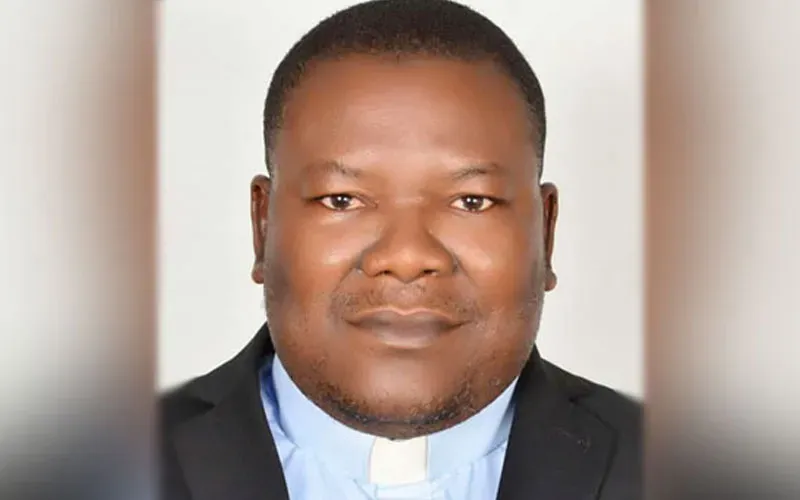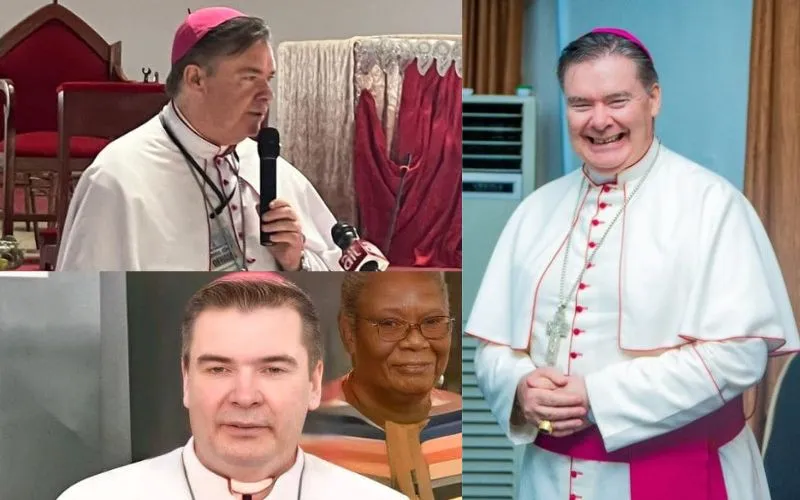In a November 17 press statement, the U.S. Secretary of State, Antony Blinken, who was on a three-nation visit to Africa said, “Each year the Secretary of State has the responsibility to identify governments and non-state actors, who, because of their religious freedom violations, merit designation under the International Religious Freedom Act.”
The Countries of Particular Concern for religious freedom violations, according to the U.S. State Department, include Burma, China, Eritrea, Iran, North Korea, Pakistan, Russia, Saudi Arabia, Tajikistan, and Turkmenistan.
These, Mr. Blinken said, are countries whose “governments harass, arrest, threaten, jail, and kill individuals simply for seeking to live their lives in accordance with their beliefs.”
The exclusion of Nigeria from the watch list “surprised” Catholic Church leaders in the West African nation, Bishop Emmanuel Adetoyese Badejo telling ACI Africa that either “wrong people” were consulted or the U.S. Department of State is after “some interest”, which disregards the plight of “the suffering people of Nigeria.”
“I was quite surprised to read of Nigeria’s exclusion from the list of designations for State and non-State religious freedom violators because there is nothing on the ground to suggest that Christians have an easier time practicing their faith in Nigeria today than they did one or two years ago,” Bishop Badejo told ACI Africa November 19.
(Story continues below)
Nigeria’s exclusion is surprising because “things have not gotten any better,” the Local Ordinary of Nigeria’s Oyo Diocese who doubles as the President of the Pan African Episcopal Committee for Social Communications (CEPACS) reiterated, and explained, “Extremists seem to be gaining even more territory in the North Eastern Nigeria and the kidnapping of Christian students and members have actually increased in the last year.”
For Archbishop Ignatius Kaigama of Nigeria’s Abuja Archdiocese, the situation in Nigeria shows systematic and structural violation of religious freedoms.
Archbishop Kaigama highlighted “abuse of religious freedom” in the West African nation saying, “For me, the picture is one of severe discrimination or a subtle abuse of religious freedom in some establishments and sections of the country.”
There is general “dissatisfaction … with the status-quo” in Nigeria, the Nigerian Archbishop told ACI Africa November 19, adding that ethnic and religious marginalization “in terms of appointments to strategic positions, recruitment and promotion in the military, police and other paramilitary forces, admission into tertiary institutions, etc.” is a cause for concern in the country.
“The fact of the matter is that most victims of insecurity and terrorism in the country are adherents of Christianity and Islam (the two main religions),” Archbishop Kaigama said.
He however added, “No doubt, Christians have suffered many losses like their Muslim counterparts, but when the perpetrators of such crimes are heard in the process chanting Islamic slogans, it is hard to convince Christians that they are not carrying out a religious agenda against them.”
“This feeling has been aggravated by the implementation of the Sharia in some parts of Northern Nigeria,” Archbishop Kaigama told ACI Africa November 19.
ACI Africa was founded in 2019. We provide free, up-to-the-minute news affecting the Catholic Church in Africa, giving particular emphasis to the words of the Holy Father and happenings of the Holy See, to any person with access to the internet. ACI Africa is proud to offer free access to its news items to Catholic dioceses, parishes, and websites, in order to increase awareness of the activities of the universal Church and to foster a sense of Catholic thought and culture in the life of every Catholic.





